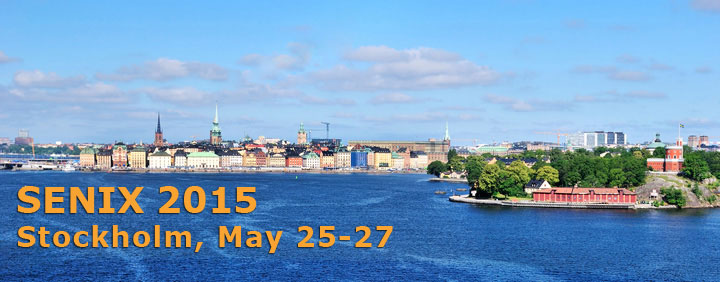Key Note Speakers
|
Klaus Hammes, Swedish Energy Agency
Opening of the Conference
Klaus Hammes is head of the policy analysis at the Swedish Energy Agency, where he is responsible for the area “energy systems research”. He has working in the area at the agency. He is also member of the Swedish IIASA (International Institute for Applied Systems Analysis) council. He holds a phd in economics from Gothenburg university and an undergraduate degree in business administration.
|
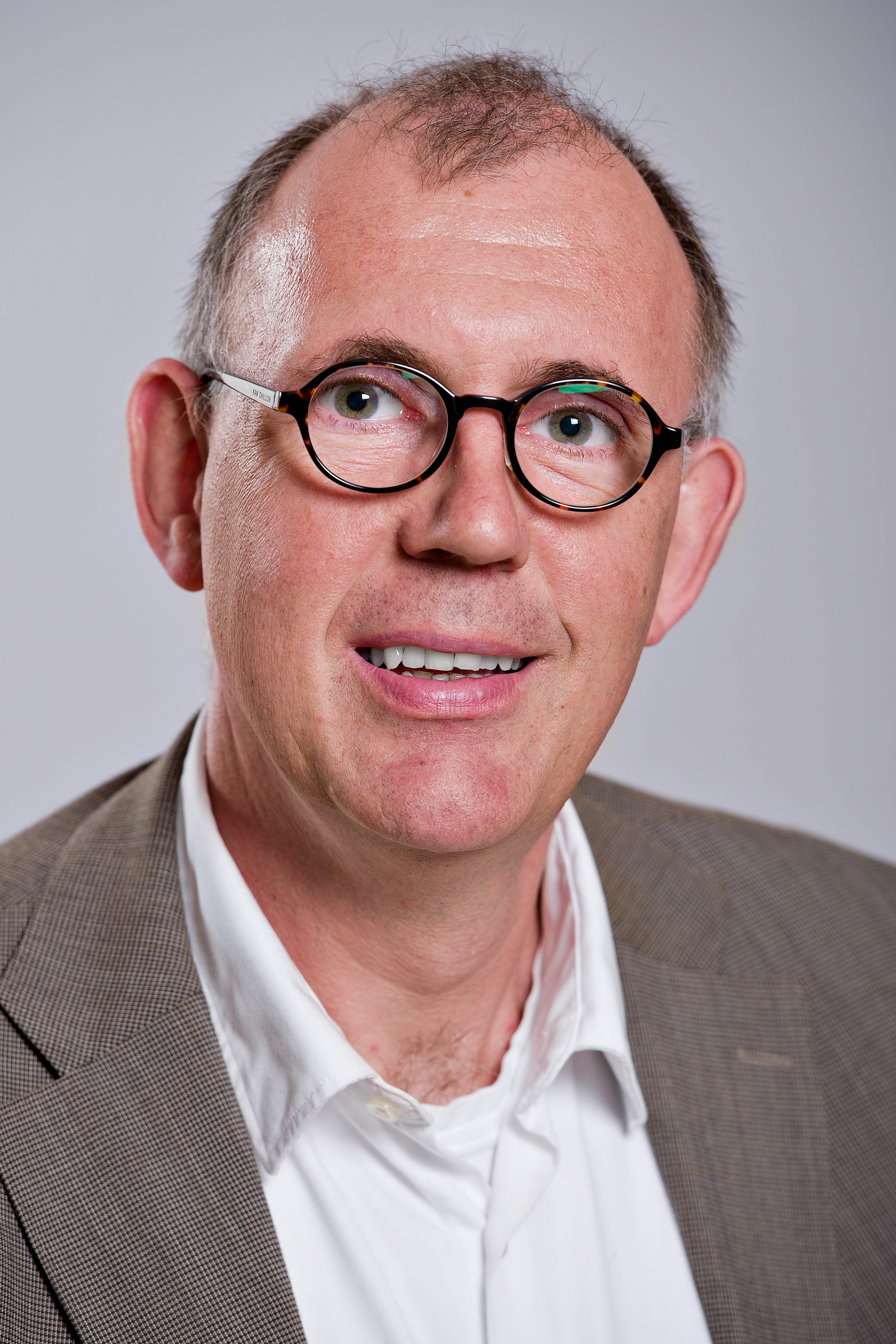 |
|
|
Maja Fjaestad, State Secretary, Prime Minister's Office
Preconditions for a green future
Maja Fjaestad is State Secretary at the Prime Minister's Office for the Minister for Strategic Development and Nordic Cooperation. She holds a PhD has as doctor of technology from The Royal Institute of Technology (KTH) and she has also has been conducting research in science and energy history |
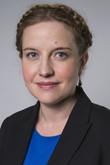 |
|
|
Gilles Lequeux, European Commission, Directorate - General for Research & Innovation
Bringing the social sciences and humanities (SSH) to bear on energy research and innovation
Gilles Lequeux is electromechanical engineer from the Free University of Brussels and also received a Master degree of Business and administration delivered by the European University of Paris.
After several years in the Energy Engineering Industry, he came in 1996 into the European Commission. In the Directorate General Energy and Directorate General Research, he was mainly in charge, as project officer of developing sectorial strategies and contributing to programme priorities within the context of the European Framework Programme for research, development and demonstration.
He is now Deputy Head of Unit within Directorate Energy in DG Research and Innovation and in charge of the development and implementation of the European strategy for Scientific and Technology international cooperation in the field of energy.
|
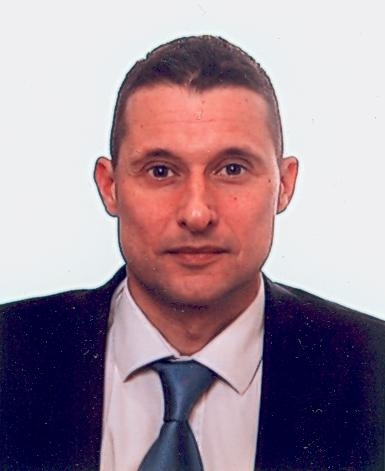 |
|
|
Richard Adams, European Economic and Social Committee
Roadmap to an Energy Union – maintaining the focus of EU energy policy in a period of uncertainty
Richard Adams is President of the EESC’s Permanent Study Group on a European Energy Community. Recent EESC opinions include the topics of the energy and low carbon roadmaps 2050, nuclear safety cooperation outside the EU and radioactive waste management. He was rapporteur for the EESC opinion on the ‘Roadmap for moving to a competitive low carbon economy in 2050’ and Co-rapporteur for the EESC opinion on the ‘Energy roadmap 2050’. He has degrees in sociology, theology and business and has a number of honorary doctorates and visiting fellowships from British universities
|
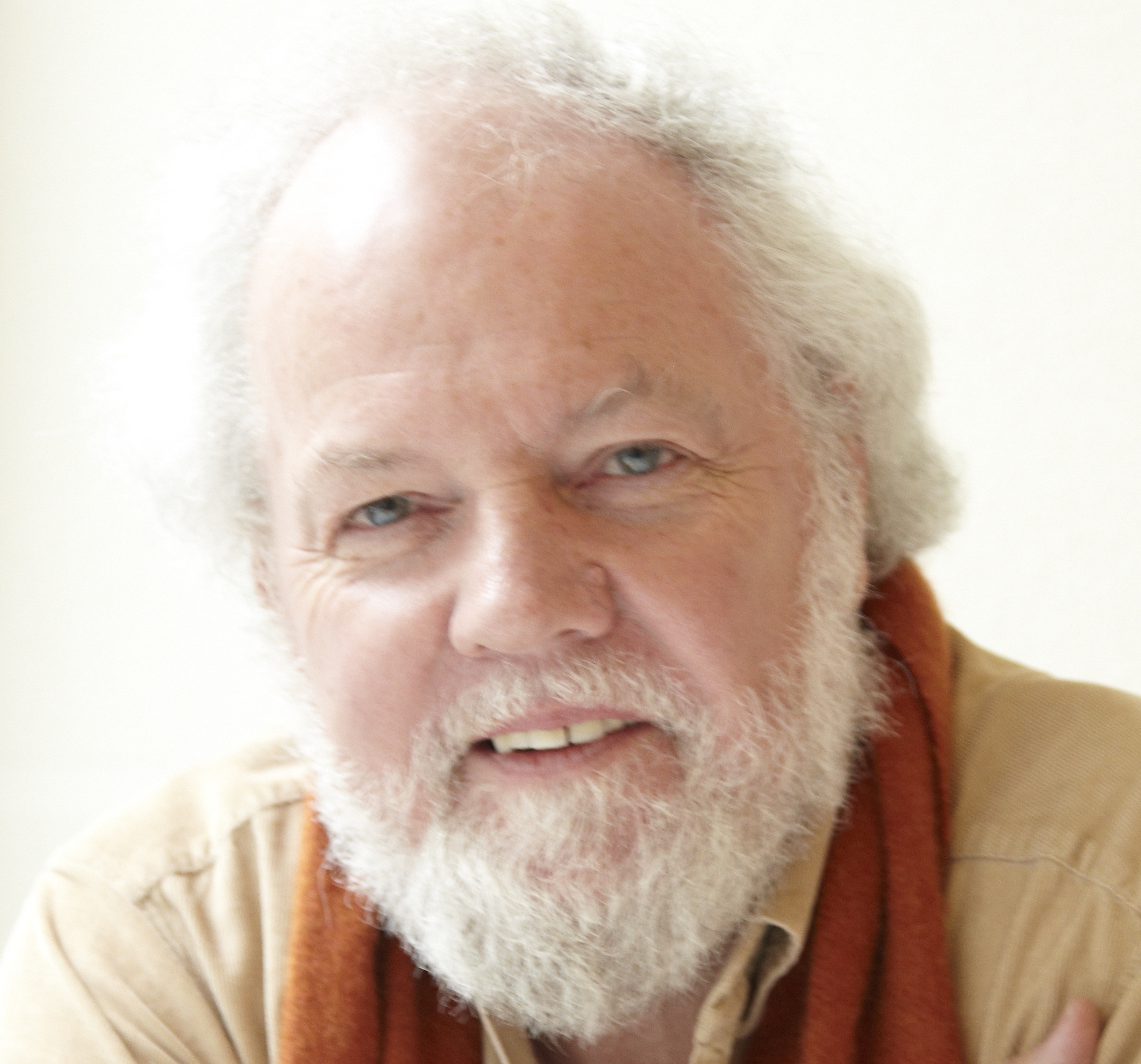 |
|
|
Pascal Griset and Yves Bouvier, University of Sorbonne, France
Public relations and strategy: the complex dialog of EDF with social sciences since the 1950s
Pascal Griset is Professor of History at Paris-Sorbonne University since 1998. He is a specialist of the economic and technical history of information and communication technologies. He leads the « Institut des Sciences de la Communication (CNRS, Paris-Sorbonne, UPMC) and is in charge of the Research center in History of Innovation.
Yves Bouvier is Assistant Professor in Contemporary History in the University Paris-Sorbonne (IRICE) since September 2013. He is working on the economic and technical history of energy in the Irice Institute
|
 |
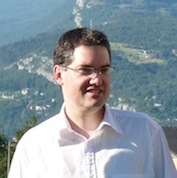 |
|
|
Jacob Spangenberg, Mayor, Östhammar municipality, Sweden
Preconditions for acceptance of major investments in the energy sector - a local perspective
Jacob Spangenberg is elected mayor of Östhammar municipality since 2006 and chairperson of the Östhammar municipal executive board. In Sweden, municipalities have considerable political power and finical muscles. In Östhammar, the annual budget is 1.3 billion SEK (~140 million euro) for delivery of services to the 21 500 inhabitants of the municipality. Östhammar hosts three nuclear reactors and a final repository for low- and intermediate level radioactive waste. A license application for a final repository for spent nuclear fuel is in the process licensing. Östhammar also has areas of national interest for wind power and a municipal strategy for wind power development.
Spangenberg has a long professional career as a consultant and advisor in agricultural and rural development in Sweden as well as in southern and eastern Africa. He has a degree in agriculture.
|
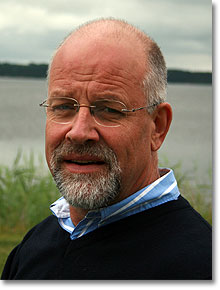 |
|
|
Britt-Marie Drottz-Sjöberg, Department of Psychology, Norwegian University of Science and Technology, NTNU, Norway
Societal Expectations and Multidisciplinary Cooperation Challenges relative the Energy Field.
Professor, Ph.D. Britt-Marie Drottz-Sjöberg works at the Department of Psychology, Norwegian University of Science and Technology, NTNU , where she is a member of the Centre for Safety and Human Factors http://www.ntnu.no/psykologi/center-for-safety-and-human-factors and the ROSS Gemini Centre http://www.ntnu.edu/ross. Drottz-Sjöberg has published in the field of risk research since the mid 1980’s, especially in relation to perception and communication of risk in contexts of health, environment and technology. She was the president of the SRA-Europe 1998-99, a member of SKB’s Social science programme 2004-10, and is a member of the Royal Swedish Academy of Engineering Sciences; The Swedish National Committee on Radiation Protection Research at KVA; the Scientific Advisory Board of the Swedish Risk Academy.
|
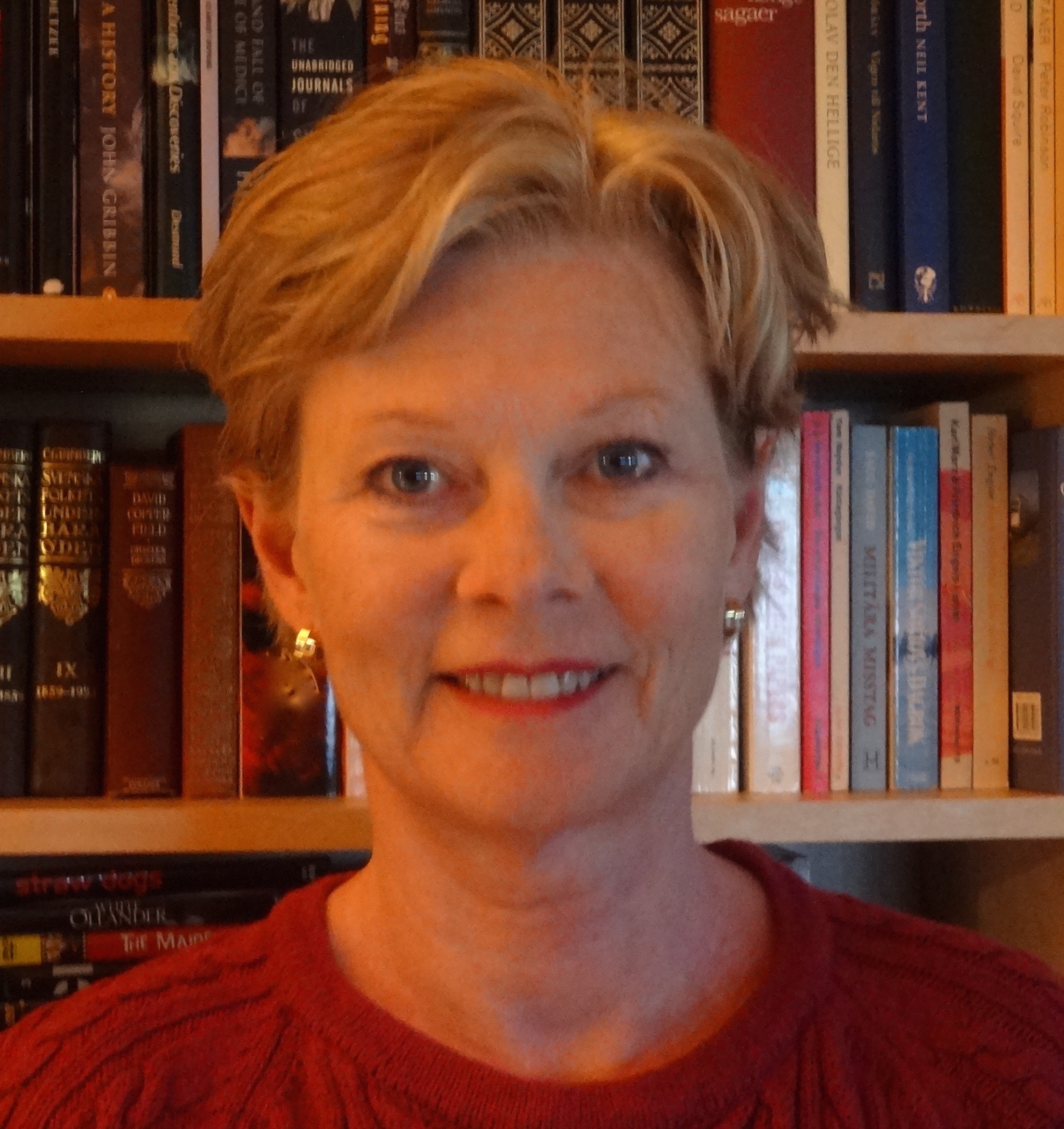
|
|
|
Gaston Meskens, SCK•CEN and University of Ghent, Belgium
Beyond Controversy and Diplomacy – An Ethical Perspective on Energy Governance
Gaston Meskens is a researcher in philosophy, lecturer, writer and artist with an academic background in science (Master in Theoretical Physics with an orientation in nuclear physics, quantum mechanics and cosmology from the University of Ghent, Belgium). He currently works part-time with the Centre for Ethics and Value Inquiry of the Faculty of Arts and Philosophy of the University of Ghent (Belgium) and with the Science and Technology Studies group of the Belgian Nuclear Research Centre SCK•CEN (Belgium). Meskens has twenty years of experience in participative and transdisciplinary research on technology assessment and sustainable development governance and with working in the agoras of the policy processes of the United Nations Framework Convention on Climate Change (UNFCCC), the United Nations Commission on Sustainable Development (UNCSD), the United Nations Non-Proliferation Treaty process (UN-NPT) and the related research activities of the European Commission.
|
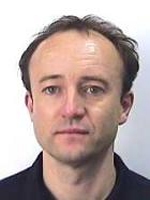
|
|
|
|
 Loading page...
Loading page...
 Loading page...
Loading page...
